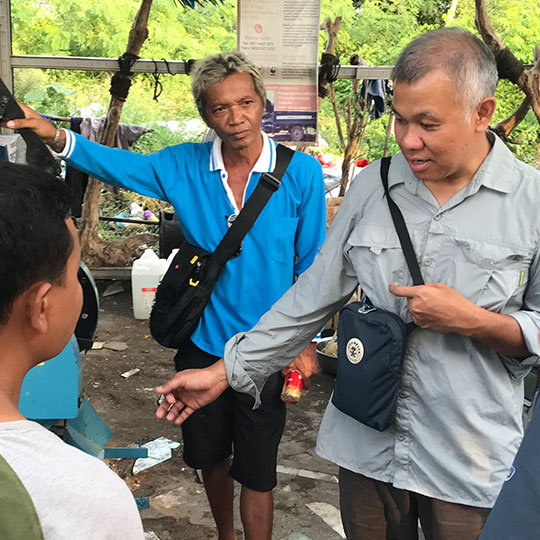Defining Diversity, Inclusion, Equity, and Justice
To advance our DEIJ vision at MACP, we need a clear, shared understanding and a common reference point of what these terms mean. We believe it is important to use language that is shared and to recognize the expertise of others working in this space.

To advance our DEIJ vision at MACP, we need a clear understanding and a common reference point of what these terms mean. We believe it is important to use language that is shared and to recognize the expertise of others working in this space. To that end, we have chosen definitions from Equity in the Center and the Center for the Study of Social Policy.
Diversity refers to…
The psychological, physical, and social differences that occur among any and all individuals; including but not limited to race, ethnicity, nationality, religion, socioeconomic status, education, marital status, language, age, gender, sexual orientation, mental or physical ability, and learning styles. (Equity in the Center)
Inclusion refers to…
The act of creating environments in which any individual or group can be and feel welcomed, respected, supported, and valued to fully participate and bring their full, authentic selves to work. An inclusive and welcoming climate embraces differences and offers respect in the words/actions/thoughts of all people. (Equity in the Center)
Equity refers to…
The guarantee of fair treatment, access, opportunity, and advancement while at the same time striving to identify and eliminate barriers that have prevented the full participation of some groups. The principle of equity acknowledges that there are historically underserved and underrepresented populations, and that fairness regarding these unbalanced conditions is needed to assist equality in the provision of effective opportunities to all groups (Equity in the Center)
Justice refers to…
The process required to move us from an unfair, unequal, or inequitable state to one which is fair, equal, or equitable, depending on the specific content. Justice is a transformative practice that relies on the entire community to respond to past and current harm when it occurs in society. Through justice, we seek a proactive enforcement of policies, practices and attitudes that produce equitable access, opportunities, treatment and outcomes for all regardless of the various identities that one holds. (Center for the Study of Social Policy)